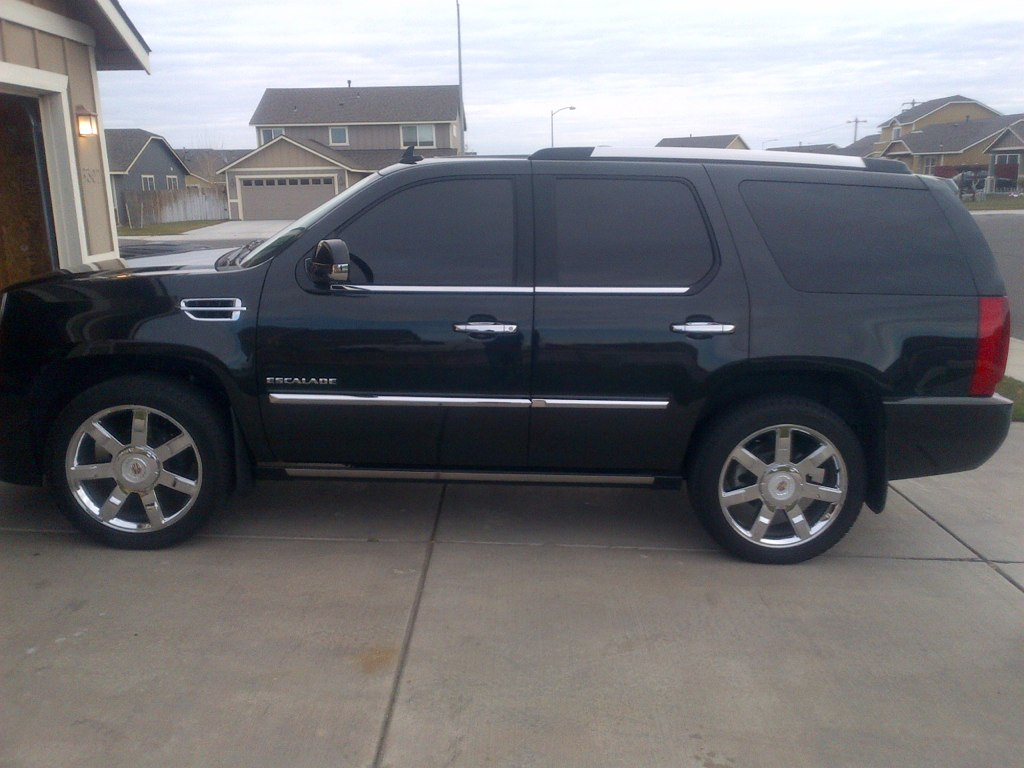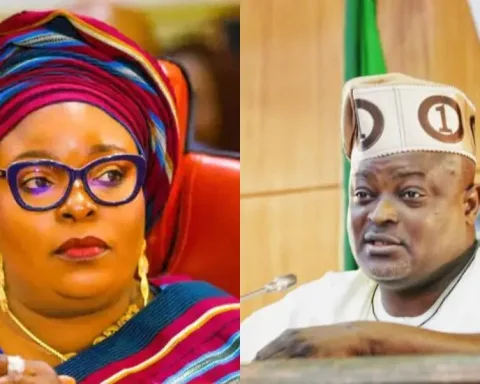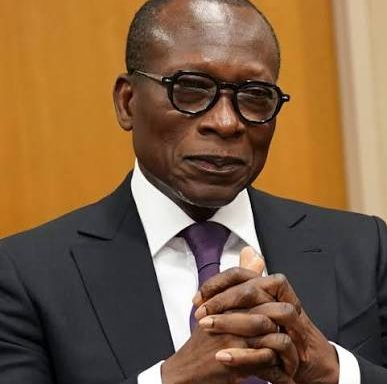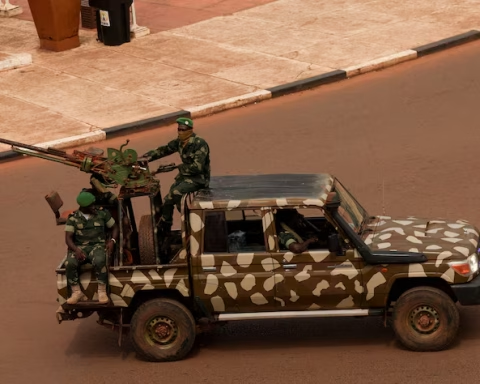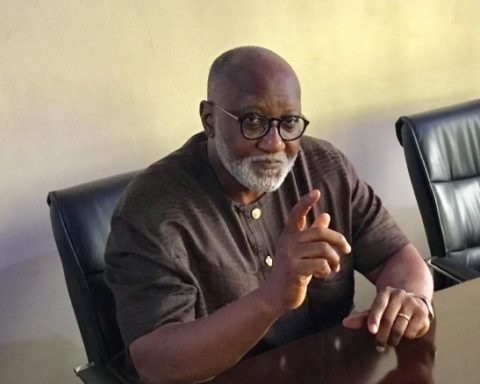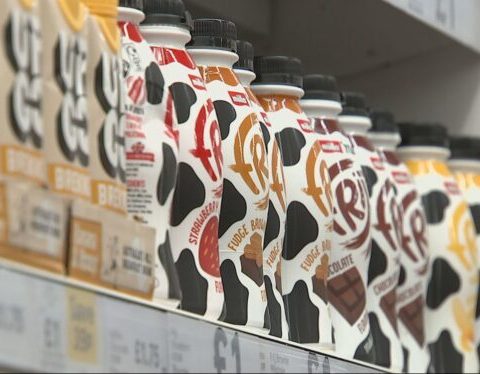For the past five years or so, Nigerian roads have become remarkable for tinted glasses on private and commercial vehicles. The situation is so fashionable that even trucks are adorning black glasses. Many pedestrians usually throw strong looks to see who or what is in the darkened vehicles without knowing how funny they appear to those inside the vehicles, who could see them far more clearly.
Beyond the curiosity of pedestrians, the multitude of tinted-glass vehicles have started to raise questions in connection with the poor security situation in Nigeria. At a point, the police were arresting owners of such vehicles, who later started producing papers empowering them to drive the vehicles. The major question has been why people are allowed to move around in veiled cars, with all the associated risks in terms of the identity of the occupants and the baggage thereof. Does the law have something to say?
Join our WhatsApp ChannelSection 1 of the Motor Vehicle (Prohibition of Tinted Glass) Act 1991 states that: “Except with the permission of the appropriate authority designated for the purposes of this Act and for such good cause as may be determined from time to time by the appropriate authority, no person shall cause any glass fitted on a motor vehicle to be tinted; or shaded; or coloured lightly or thickly; or darkened; or treated in any other way, so that the persons or objects in the motor vehicle are rendered obscure or invisible”. The law was created to stop those who may wish to conceal criminal acts like kidnapping, smuggling of drugs, armed robbery, among others. The law also prohibits the importation of cars with tinted glasses, with a 90-day window to change them or to obtain the necessary permits to use them that way. Section 2, Subsection 3, Paragraph (A), confers the powers to issue a permit on the Inspector General of Police (IGP) or any person so delegated by the IGP. The person who is issued with the permit upon verifications is the one to drive such a car, meaning that permits are given to people not to tinted-glass vehicles.
The Permit as Undue Freedom
From an ego affair among top-class vehicles and political convoys, tinted glasses have become a normal feature of an average car in Nigeria. Car owners say that tinted gasses can lesson burglary attempts when you park your car on a busy street or if you drive slowly during heavy traffic. Nigeria, for instance, is notorious for break-ins to steal valuables in cars. It is said that the tinted material provides extra strength against breakage and burglary compared to the ordinary glass.
Section 1, Subsection 1 provides that proof of security and health risks will be the two reasons to seek a permit. For instance, people who are allergic to sunlight have cited their health condition as reasons for installing tinted glasses. However, fitting cars with air conditioners and the momentary nature of staying in cars are points that defeat such medical reasons, despite the cost of running air-conditioners in Nigeria, where fuel prices rose more than 400% in May.
Tinted Glasses and Crime
Over time, the number of tinted glass users seems to have grown in direct proportion with the rise in criminal activities involving cars in Nigeria. In 2013, Frank Mba, then spokesman of the Nigeria Police, in a Radio Nigeria Programme, Police Diary, said that “the Nigeria Police have empirical evidence to show that about 80 percent of the bomb blasts, kidnapping and allied crimes carried out through cars are done with vehicles fitted with tinted glasses”. At this time, Nigeria was in the throes of the boko haram insurgency and similar crimes. At this time too, the Motor Vehicle Act was as good as non-existent. It was until 2016 that any serious government effort was noticed towards implementing the law as announced by then Inspector General of Police, Mr. Mohammed Dahiru Abubakar.
Also in 2021, the IGP, Usman Baba, ordered the stoppage of the issuance of permits for the use of vehicles with tinted glasses and SPY number plates. Yet, the IGP exempted vehicles with factory-fitted tinted glasses, saying that such vehicles were not completely covered unlike the ones not fitted by the carmakers. The IGP also promised that the federal government would soon roll out new protocol to regulate the issuance of the permits for vehicle owners and operators in the country. The country still awaits.
Following the rise in crime, Enugu and Cross River States as well as the Federal Capital Territory, recently moved to ban unauthorized use of tinted glass vehicles. In early August 2023, the Secretary to the State Government of Enugu State, Prof. Chidiebere Onyia, issued a statement banning the unauthorized use of vehicles with tinted glasses due to kidnapping and other crimes in the state. In mid-July 2023, the Nigeria Police reminded all aspiring users to obtain a Police Tinted Glass Permit before fitting their cars with tinted glasses. The permit is free, and users have to apply before they obtain it. To apply, intending users are required to log on to the Nigeria Police Force’s Website http://www.npf.gov.ng/tinted, and follow the prompts.
An Legal Overhaul Seems Imperative
These reinvigorated attempts to checkmate the use of tinted glass on vehicles became necessary as a result associated crimes. However, many questions have also arisen from conflicting statements on the bans issued in states. As a result, every move by government to ban tinted glasses is always assailed with questions about the legality of the bans. The case of Abuja in 2021 and Enugu in 2023 are instructive. After the Abuja case, Frank Mba had to clarify the directive by the IGP, Usman Baba, that the already issued permits remained valid. He also said the suspension of issuance of permits was to streamline the process of issuance and usage in line with the provisions of the Motor Vehicles (Prohibition of Tinted Glass) Act.
Remarkably, even the preconditions for a permit appear to give a wide latitude, which is exploited by criminals. Therefore, beyond the restated resolve to streamline and to implement the law, there is a need to amend the 32-year old law. For one, those who drive vehicles with tinted glasses may not be afraid of the light punishment prescribed in Section 4, Subsection (1) that any person who commits an offence under the Act “shall on conviction be liable to a fine of N2000 or to imprisonment for a term not exceeding 6 months or to both such fine and imprisonment”. Recently, the police required that intending users should obtain the permit from their home states for purposes of better identification. Yet, this does not appear to lessen the security concerns associated with the use of tinted glasses. What appears expedient is an overhaul of the Act and extant laws on the public use of vehicles such as plate number use. This will help to bring the law up to speed with the current situation of vehicle use in Nigeria. It will also limit the questions and contradictions in the statements issued across the states in Nigeria.
Dr Mbamalu is a veteran journalist, Editor and Publisher
Follow him on X: @marcelmbamalu


